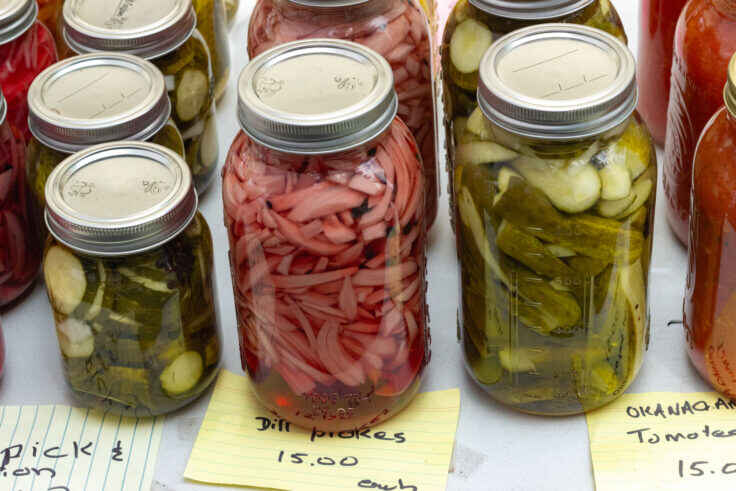Effects of Denial of SNAP Benefits on Persons with Felony Drug Convictions
April 25, 2020
Overview
Federal law bans persons with felony drug convictions from receiving Supplemental Nutrition Assistance Program (SNAP) benefits. SNAP benefits, formerly known as food stamps, provide low-income individuals with financial assistance to pay for food. The SNAP program is fully funded by the federal government, but states administer the program and share in the administrative costs.

A ban on SNAP benefits for persons with felony drug convictions was issued as part of the 1996 Personal Responsibility and Work Opportunity Reconciliation Act (PRWORA) and does not apply to individuals convicted of any other type of felony. A provision of the law allows states to opt out or modify the ban without any reduction in funding by enacting positive legislation. All but seven states have taken action, resulting in a diverse array of SNAP eligibility standards related to drug felony convictions.
The denial of SNAP benefits to people with drug convictions can promote food insecurity and may negatively affect the health of the ex-offender, their family, and their community. The issue brief discusses the public health consequences of rescinding nutritional assistance from people with drug convictions. Given the public health implications of the felony ban, the 50 State Survey shows how states have reacted to the ban, by either leaving it in place, removing it, or modifying it.



